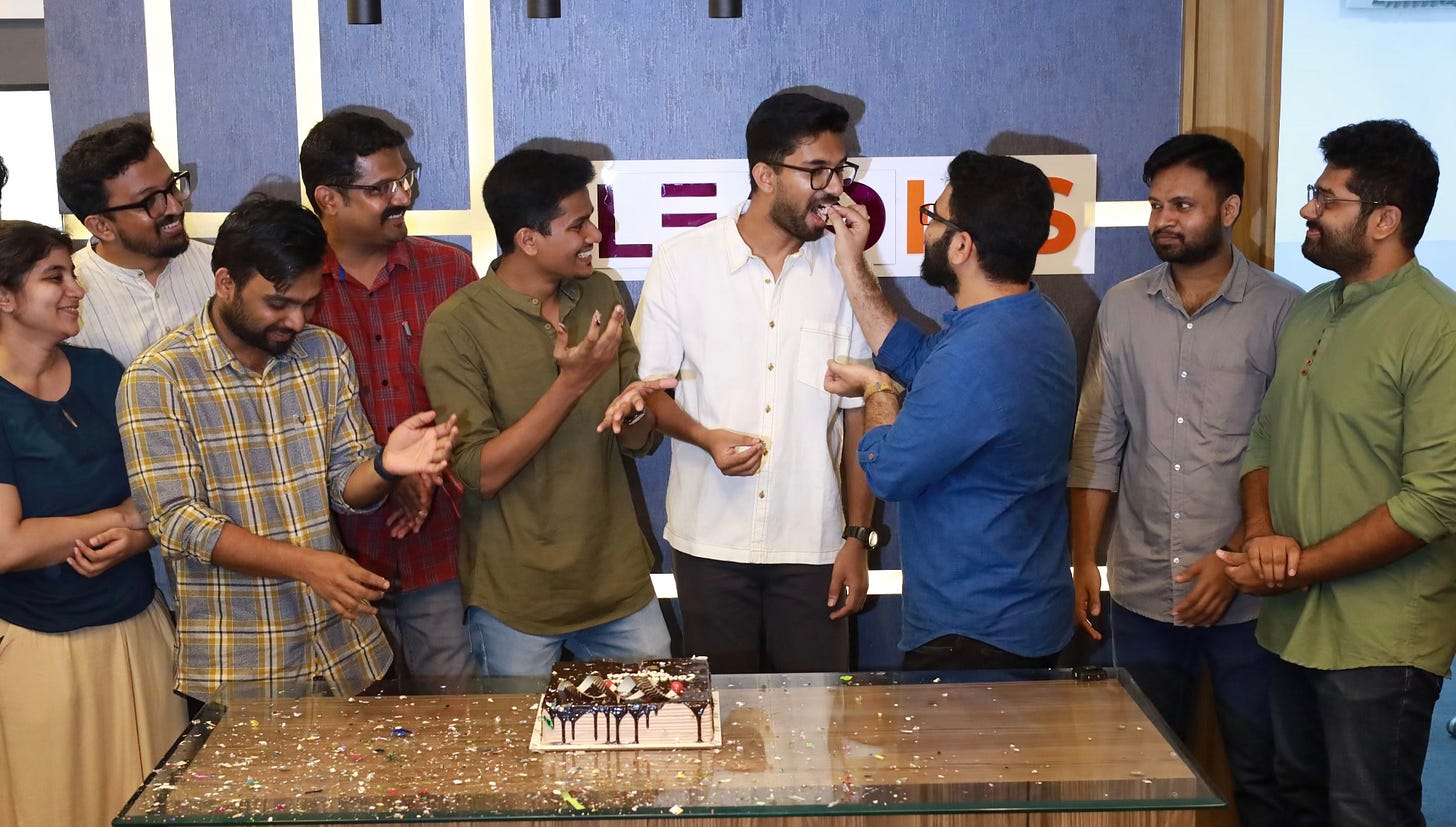Civil Services Exam Training: Thinking Beyond Mock Exams
The conventional Civil Service Exam training is undergoing a progressive and substantive transformation at Lead IAS.
The conventional Civil Service Exam training is undergoing a progressive and substantive transformation at Lead IAS.
Traditionally, civil service exam training was equated with writing mock exams, and all training courses revolved around these mocks.
However, since the founding of Lead IAS, we have believed that there might be a better way to equip candidates for this exam.
We have found that while mocks are important, they may not always be the most effective or primary training method to bring out the best in students.
As an offshoot of this idea, we have robustly innovated a set of training methods at Lead IAS over the last four years.
Round Tables and UPSC Classics were introduced for Prelims. On-screen comparative evaluation became central in providing answer writing feedback. Daily Answer Writing became the most result-producing intervention in Mains Killer. Group Discussion became popular among candidates appearing for the UPSC Interview.
These innovations were not serendipitous. They evolved over time and emerged from an effort to create a student-centric learning ecosystem at Lead IAS.
To illustrate this point better, we need to understand the distinction between performance and training (for reference, I wrote about this last year).
Mock tests and training are not the same thing. The aim of mock tests is to assess performance, while the aim of learning and training is to develop the mental schemas that will allow you to perform. This can take many different forms.
In UPSC preparation, mock tests assess your performance; they do not necessarily build the skill sets that will enable you to perform better next time.
Therefore, a student needs to find intermediary training methods that will prepare them for future performances. This is exactly what we have been doing over the years.
Such an approach is bearing fruit. When almost all of our rank-holders attribute their success to these intermediary training methods, we feel validated!
The patience and effort invested in building something unconventional are now becoming the best and most trusted path.
When all these training initiatives are placed in a complete 'Learning Ecosystem,' results will flourish, just as a plant blossoms when planted in the right ecosystem!
This year, Kerala became the leading state in South India in terms of the best UPSC results, and the Lead IAS Learning Ecosystem has played the most crucial role in this change. Mains Killer has become a conduit for this transformation. In the coming years, the best results in South India will gravitate to Trivandrum.
We should never settle for less! ☺️




